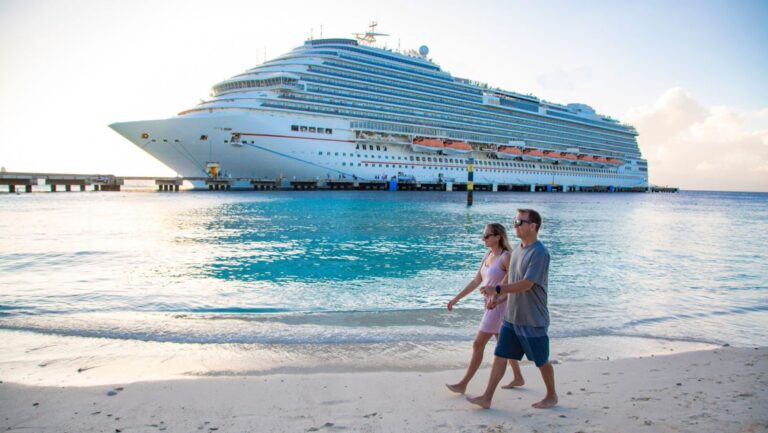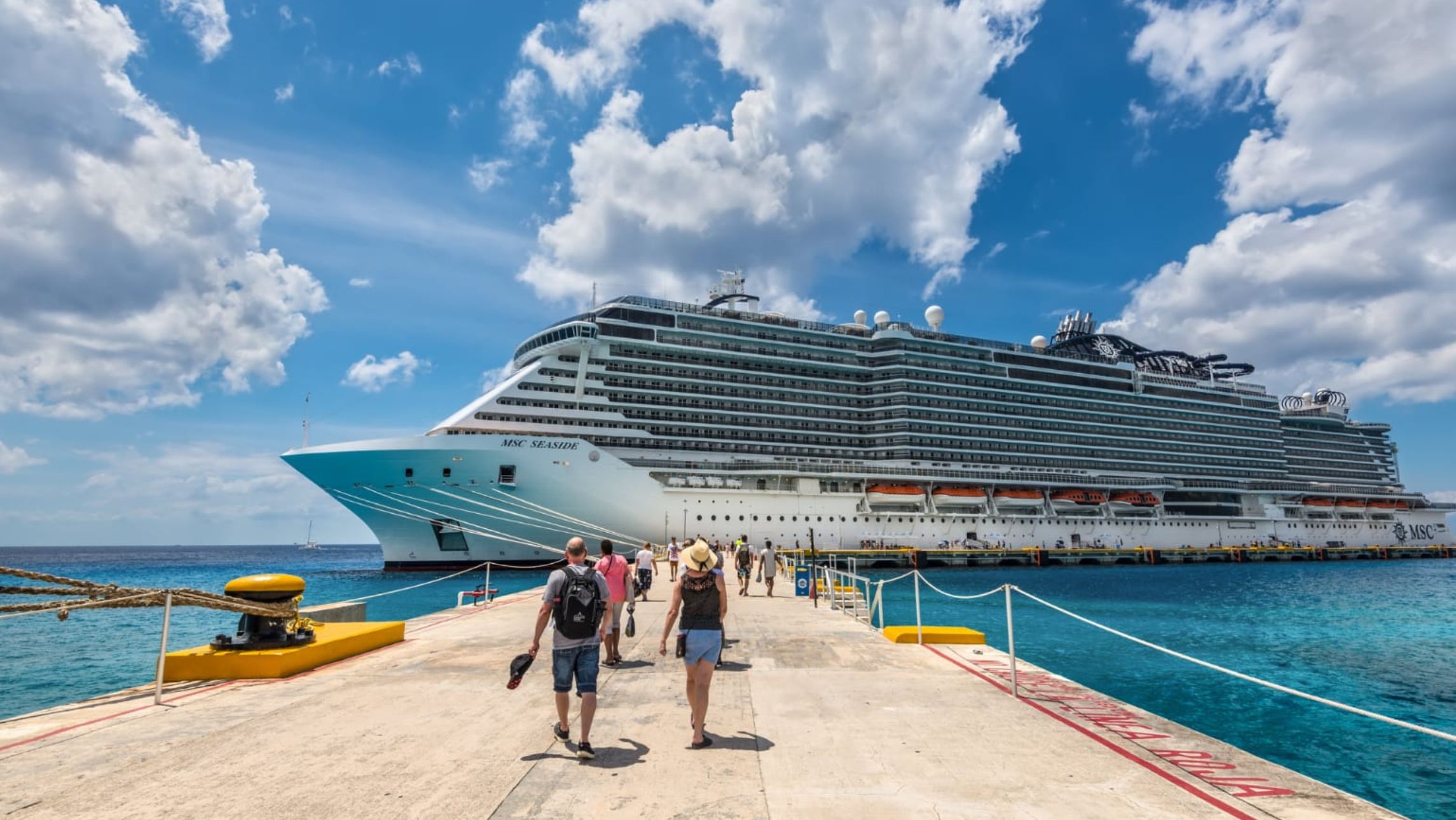Many cruisers have been caught in sticky situations, assuming their credit card travel insurance will provide full coverage. Should you take up the complimentary or discounted travel insurance that comes with their credit card?
It’s a dilemma that has caught a number of Cruise Passenger readers before in the past, as some credit card travel insurance does not offer coverage for a cruise holiday.
Also crucial to note is that sometimes even if you do have coverage, it might not be as comprehensive as other travel and cruise insurance, and it’s important to know what your benefits and coverage are, and weigh up whether it’s worth spending a bit of extra money.
Expert Tips
Angus Kidman, travel insurance expert at Finder offers some extra tips for picking out your coverage. You can view Finder’s list of best credit cards with travel insurance here.
- “Most credit card travel insurance policies feature a $500 excess – which means it’s not worth claiming for expenses below that amount.”
- “Some policies only cover the cardholder, so it’s crucial to confirm coverage for other people you may be travelling with.”
- “Some policies allow you to upgrade for a fee for additional cruise coverage, such as needing medical evacuation or if items such as your cruise formalwear go missing.This is worth considering, but compare the costs of that upgrade to a full-blown standalone policy – you might be better off with the latter.”
- “It’s common for credit card insurance to exclude COVID-19 coverage on cruises. Most cruise lines have fairly comprehensive management systems for COVID in place – you’ll be stuck in your cabin with meals delivered – but be aware you won’t be getting a refund from credit card insurance if that happens.”
- “For domestic cruises, the rules can be fiddly. Some credit card policies cover medical expenses while offshore, but not while you’re parked in an Australian port.”
- “Pre-existing medical conditions are typically excluded from credit card insurance, so that requires consideration. And travellers over 79 usually find limited coverage options among credit card policies.”
- “Pro tip: search for the word ‘cruise’ in the PDF with all the fiddly credit card insurance details to see if there are unexpected traps.”
What to do first?
Warren Duke, Head of Travel Insurance at Compare the Market runs us through what to do if we’re considering travelling with our credit card’s travel coverage.
“It’s important to note that travel insurance isn’t automatically included with all credit cards and some basic credit cards may not include any or many ‘no added cost’ benefits. You need to check with your credit card issuer to understand if your card includes travel insurance cover as a benefit.
“With most credit cards you may also need to make sure you have ‘activated’ the travel insurance cover and met the eligibility requirements dictated by the credit card issuer. You may not have any travel insurance cover unless you do so.
“Cruisers also need to make sure any travel insurance that is provided by credit cards then also covers losses while on board a ship or when visiting an international port.”
Does travel insurance from a credit card cover cruise?
According to Duke, the simple answer is ‘sometimes’.
“Complimentary travel insurance that is provided by some credit card issuers can include insurance cover for cruise related losses, but this is not always the case. If you’re thinking about relying on complimentary travel insurance provided through your credit card for your next cruise, there’s a few things you need to do.
“Firstly, read the Product Disclosure Statement, paying close attention to the extent of coverage, inclusions and exclusions and whether cruise cover is included.
“Next, understand what you need to do to activate the travel insurance cover that is provided with your credit card. Did you need to purchase the trip on that credit card? Are you required to spend a set amount? Is there a process you need to follow?”
When is it worth paying for extra cover?
With insurance, Duke says it’s all about planning for your individual needs, rather than taking the cheapest route.
“When it comes to insurance, the cheapest often doesn’t mean it’s the best. It’s important to shop around, especially if your holiday involves a cruise or snow sports, to make sure you get the cover you need. What you think may be an automatic inclusion may not be, and paying a little more for the cruise or snow sports extension to match your holiday, could save you in the long run.
“A basic policy is designed to cover the fundamentals, whereas a comprehensive travel insurance policy could provide financial compensation for things such as cancellation fees, theft of personal belongings, rental vehicle excess as well as cover for emergency medical expenses.
“This is particularly true for cruise cover, which in many cases is only available as an optional extra. Without this additional level of cover, you may not be covered for cruise related losses such as medical expenses on board the ship, missed shore excursions and trip cancellation fees.”









